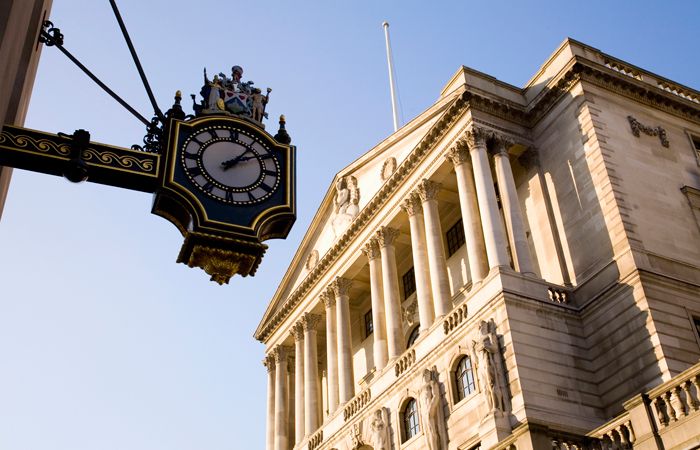
High energy prices may push up inflation and slow pace of rate cuts, Monetary Policy Committee member Catherine Mann warned.
She said that fuel prices were more likely to rise than fall over the coming years.
“There are some possibilities about downward pressure on inflation coming from export prices coming out of China, for example, said the economist on a Female Central Bankers panel organised by BNP Paribas’ Global Markets.
“But against that … one piece of news that is downward bias, the rest of it is upward bias, and likely to be more volatile going forward over the medium term.”
Mann was the sole vote against cutting borrowing costs at a meeting of the Bank of England’s rate-setting committee last week, which decided by an 8-1 margin to lower bank bate to 4.75% from 5%. She also opposed the central bank’s first rate cut in four years in August.
Monetary Policy Committee minutes warned last week that Chancellor Rachel Reeves’ Budget last month, which will spend almost £70bn over the next five years, will push up inflation next year.
The body estimates quarterly economic growth in a year’s time will be 1.7% as opposed to the 0.9% it was forecasting in August.
But along with this, inflation will be 2.7% rather than 2.2% and it will take a year longer, until early 2027, for the cost of living to return to its 2% target. The cost of borrowing is currently 1.7%.
Mann added: “We have an upside bias to inflation … which tends to enable inflation to become embedded, and in that environment, it’s important to hold [interest rates] for longer.”
“When I have evidence that there has been a removal or moderation of inflation persistence — sufficient moderation of inflation persistence — then I will move in a bigger step.”
US President-elect Donald Trump’s threat of high US tariffs on imports from China might lead to more Chinese goods heading to Europe at discounted prices, analysts have said.
Quilter investment strategist Lindsay James said: “Across the board tariffs, and the retaliatory action other states will take, will simply continue to push those costs upwards.”
Her comments came as the headline annual US inflation rate picked up to 2.6% from 2.4%.
Money markets only expect the Bank of England to cut rates twice next year, compared with at least five quarter-point cuts they predict for the European Central Bank as the eurozone economy slows.
However, last week, Bank of England chief economist Huw Pill said there was “scope for further reductions” in the base rate if the Bank looks past the Budget’s temporary inflation hit.



